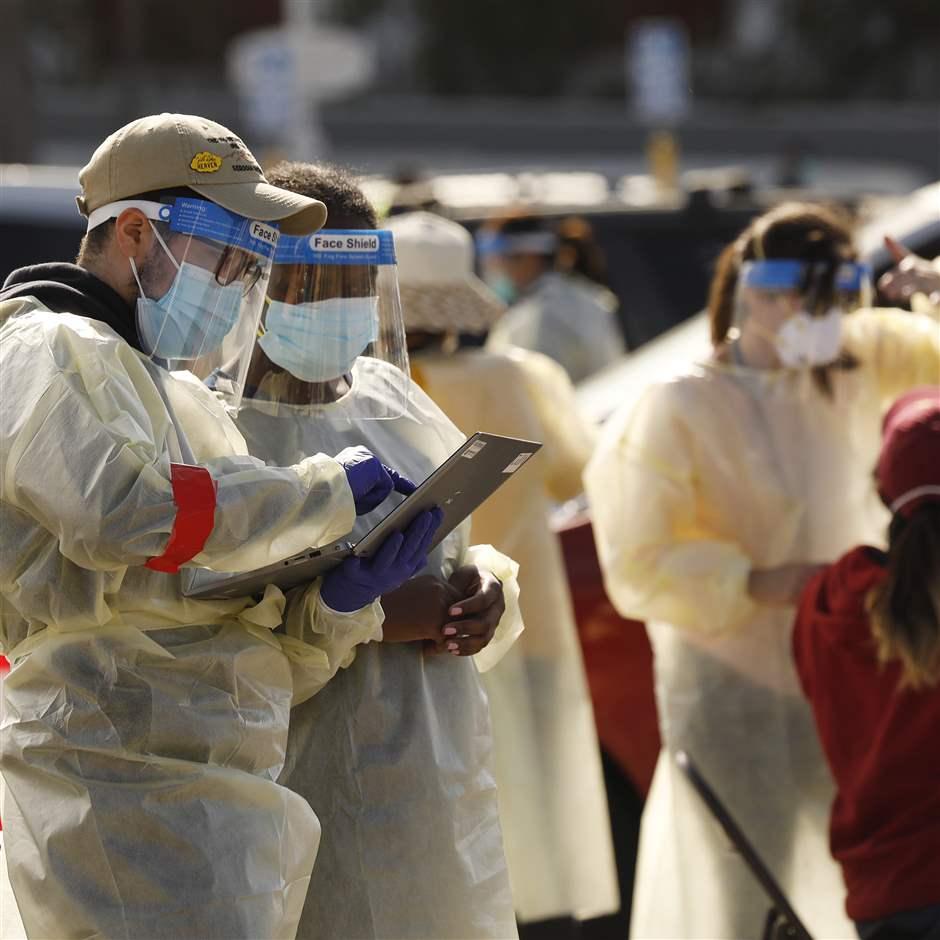
Antibiotics
Sections
- Topics
- Antibiotics
- Arts & Culture
- Biomedical Research
- Economic Mobility
- Family Finances
- Fiscal & Economic Policy
- Global Trends
- Health Care
- Higher Education
- Hispanics
- Infrastructure
- Internet & Tech
- Land Conservation
- Media & News
- Ocean Conservation
- Religion
- Retirement
- Social and Demographic Trends
- U.S. Policy
- U.S. Politics
- U.S. State Policy
- Behavioral Health
Antibiotics are one of the greatest success stories in modern medicine. Although we associate them with treating acute infections, these drugs underpin much of health care—from routine surgical procedures to organ transplants and cancer treatment. Unfortunately, the history of antibiotics is a race between innovation and resistance. As innovative science furnishes novel drugs, bacterial evolution can quickly render them ineffective.
Pew addresses the growing public health challenge of multidrug-resistant infections by supporting policies that encourage the development of antibiotics to treat life-threatening illnesses and that preserve the effectiveness of existing antibiotics by ensuring that they are used appropriately.
Latest Research


Antibiotic Resistant Bacteria is a Growing Threat, 2023
Where superbugs come from and what can be done to combat them
Antibiotic-resistant bacteria pose an urgent and growing public health threat. Common bacteria, such as those that cause urinary tract infections and sexually transmitted infections, are becoming increasingly difficult to treat. Without effective antibiotics, even simple infections could become deadly, making medical procedures like surgery, chemotherapy, and dialysis too dangerous.
Don’t miss our latest facts, findings, and survey results in The Rundown
Our Work
Related Projects

State and local public health officials need timely, comprehensive health data from hospitals, doctors’ offices, and clinical labs to detect and respond to disease hot spots, contaminated food and water, and populations experiencing inequitable...
Read More
Since 1985, Pew has supported the groundbreaking research of promising early-career biomedical scientists in the United States and Latin America. Our multiyear grants encourage informed risk-taking and collaboration among researchers. Biomedical...
Read More








